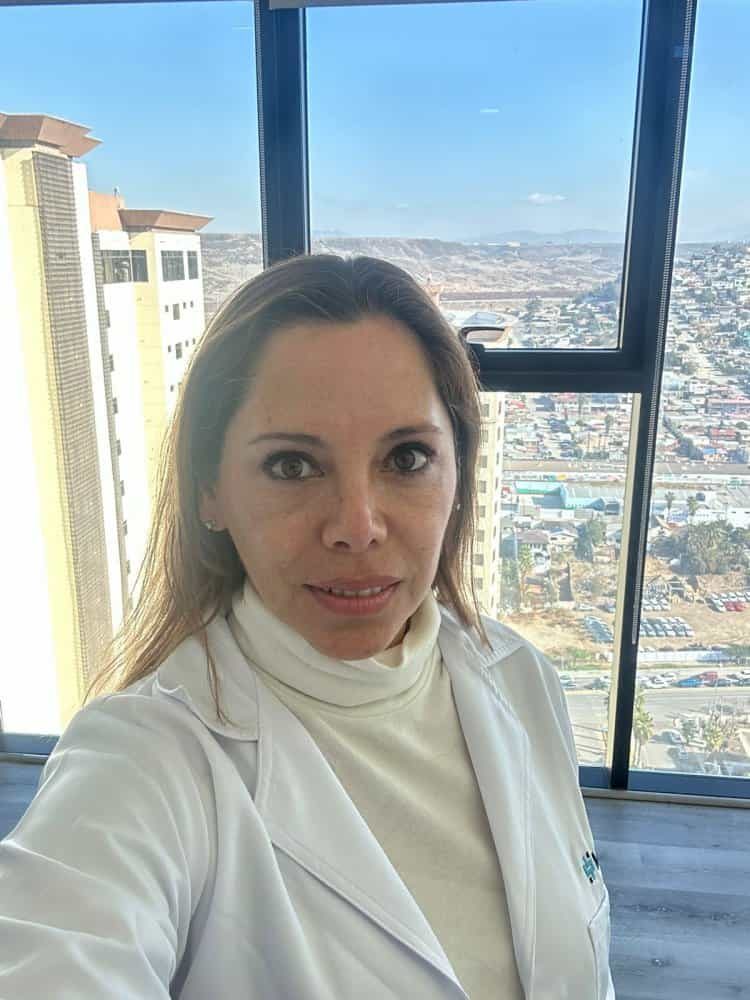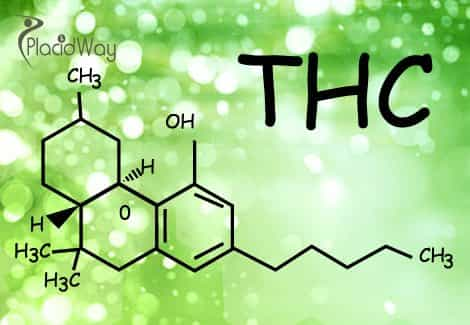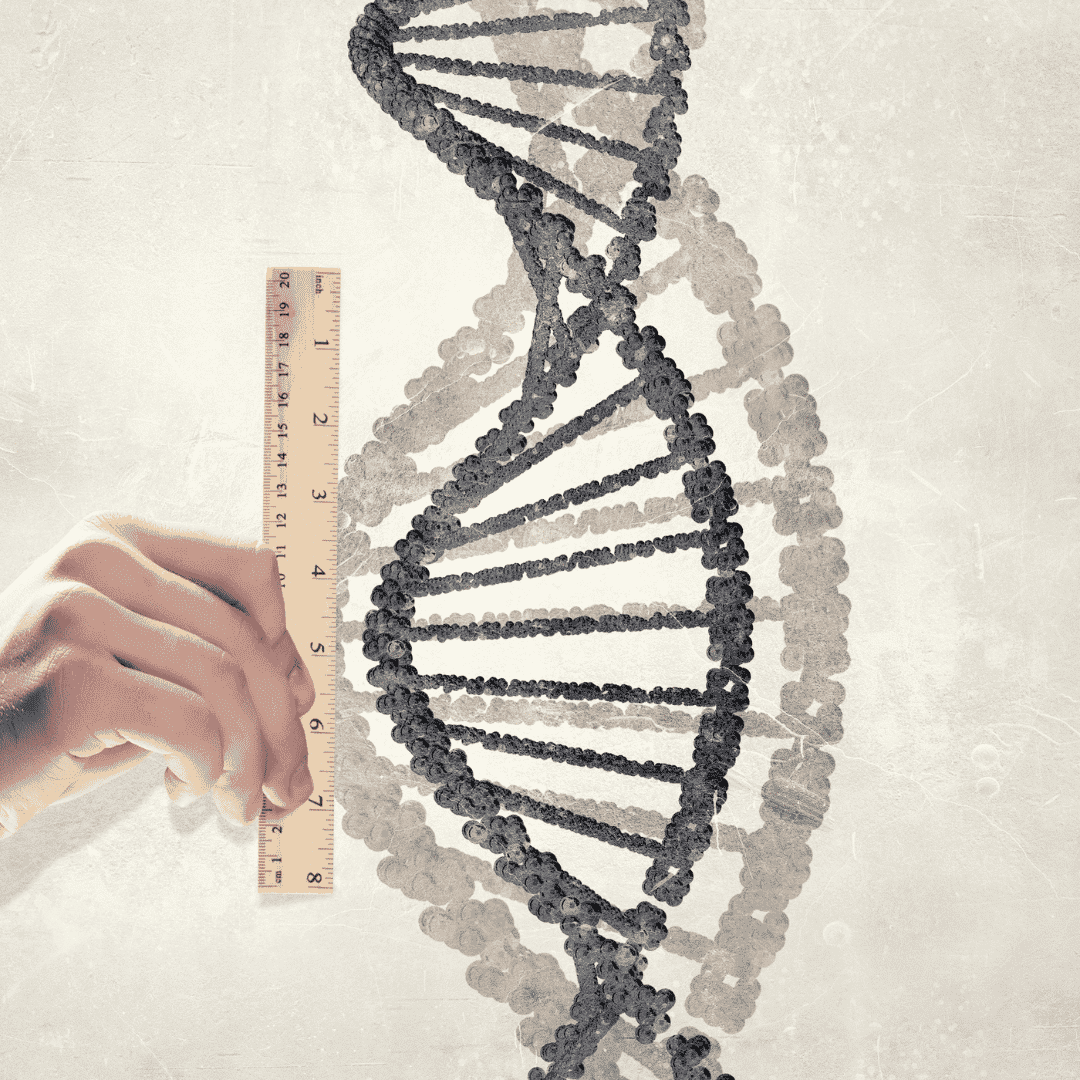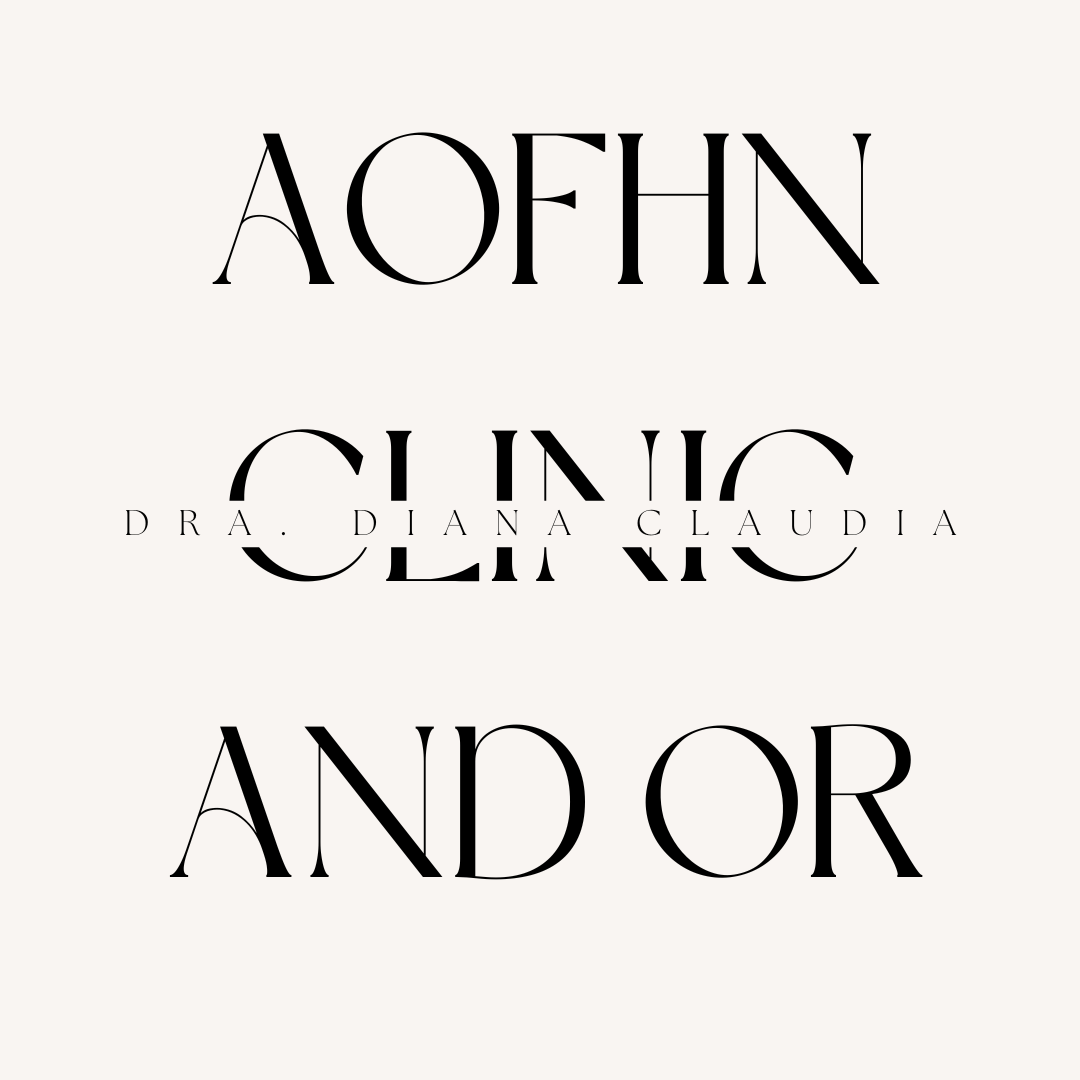|
Potential Anti-Cancer Properties
For a long time it has been believed that cannabis plant, also known as marijuana, has no therapeutic potential and it has been considered just a drug with psychoactive effects. Recently worldwide studies have revealed that THC (the main component of the cannabis plant) has anti-cancer properties.
What are Cannabinoids? “Cannabinoids” is a comprehensive term used to refer to a variety of complex chemicals united and confined in the cannabinoid receptors (both natural & synthetic) the protein molecules on the surface of cells. Since the 80’s, it has also been known that all humans are creating cannabinoid-like chemicals inside their bodies, scientists & researchers referring to them as “endocannabinoids”.
Both, endocannabinoids & cannabinoid receptors are involved in the regulation of several biological body functions such as:
Endocannabinoids, Cannabinoid Receptors and the enzymes (that synthesize the endocannabinoids and degrade them), form the endocannabinoid system, implicated in the physiological processes and also intervening in the psychoactive effects of cannabis.
Potential Anti-Cancer Properties, is there Evidence? It’s important to clarify that nothing has been definitely proven yet, as the clinical trials and lab experiments have been done with animals and in many occasions in “not-so-optimal” conditions. The good news are that Cannabinoids, the active chemicals found in the plant, are very potent in suppressing tumor growth, in different cancer types such as brain cancer, prostate cancer and breast cancer, what indicates some potential to develop a cancer cure for humans. In the lab experiments, the results were promising: cancer cells were dying, and somehow “committing suicide”, according to researchers. Although is not clear which type of cannabinoid is the most effective, what are the needed doses, or which types of cancer might respond best to them, the experiments done in mice and rats are a great indicator of a future cancer cure.
In other cancer related experiments, researchers have discovered additional effects in cannabinoids such as: cell death activation, discontinuance of cell division and a reduction of the chances of cancer cells spreading through the body, moving or invading other healthy tissue. It has also been found that certain synthetic cannabinoids may improve the immune system’s defense against cancer. On the other hand, some researchers have found not so positive results; even though high doses of THC have shown they can kill cancer cells, they may also damage vital blood vessel cells, and also promote cancer cells growth. In addition, cannabinoids may interfere with the capacity of the immune system to identify and destroy tumor cells and have different effects depending upon how much cannabis is used and how high is the level of cannabinoid receptors present on the cancer cells during the treatment/experiment. Furthermore, it is important to clarify that the therapeutic benefits of this plant are not given if it is smoked, and that these findings are not an encouragement to do so. But without a doubt it is amazing that the stigma around marijuana will come to an end soon, and this plant will be accepted as a medicine rather than a harmful substance. Hopefully cannabinoids research will lead scientists to a definitive cancer cure for humans in the near future.
If you need more information about Cancer Treatments & Research or the best clinics in to treat cancer, click the button below!
|
Popular Medical Centers

Stem Health
Stem Health clinic in Guadalajara, Mexico offers regenerative medicine for various health conditions to improve patients' life. Get FREE Quote at PlacidWay.

Alternative Cancer Treatment by ITC - Immunity Therapy Center
Immunity Therapy Center is one of the best cancer treatment centers in Tijuana, Mexico, offering innovative approaches and compassionate care to enhance your path to healing.
- Breast Cancer from $18995
- Prostate Cancer from $18995
- Lung Cancer from $18995
- from $18995
- Pancreatic Cancer from $18995
- Colorectal Cancer from $18995
- Alternative Colon Cancer Treatment Package in Tijuana, Mexico by Immunity Therapy Center for 18995.0
- Alternative Breast Cancer Treatment Package in Tijuana, Mexico by ITC for 18995.0
- Prostate Cancer Treatment in Tijuana, Mexico by Immunity Therapy Center for 18995.0
- Lung Cancer Treatment in Mexico by Immunity Therapy Center for 18995.0
- Alternative Colorectal Cancer Treatment Package in Tijuana, Mexico by ITC for 18995.0

Clinica MER Cancun
Experience cutting-edge stem cell therapy at Clinica MER in Cancun, Mexico. Led by Dr. Adriana Gudiño Reyes, offering expert regenerative treatments.
- Stem Cell Therapy from $8797
- Stem Cell Therapy from $4897
- Stem Cell Therapy from $3197
- Stem Cell Therapy from $1497
- Stem Cell Therapy from $2197
- Stem Cell Therapy from $1697
- Stem Cell Treatment for Cerebral Palsy Package in Cancun, Mexico by Clinica MER for 5100.0
- Anti Aging Stem Cell Treatment Package in Cancun, Mexico by Clinica MER for 5600.0
- Stem Cell Therapy for Erectile Dysfunction Package in Cancun, Mexico by Clinica MER for 5000.0
- Stem Cell Therapy for Hormonal Replacement Package in Cancun, Mexico by Clinica MER for 4000.0
- Stem Cell Therapy for Kidney Failure Package in Cancun, Mexico by Clinica MER for 5000.0

Cuba and Health
Discover top medical tourism in Cuba and Health, where top-notch healthcare services meet vibrant culture. Explore health tourism in Habana now at PlacidWay.

Aesthetic and Oncologic Face, Head and Neck Clinic and OR
Discover AOFHN Clinic and OR in Tijuana, Mexico, specializing in plastic surgery & oncology. Services include rhinoplasty, facelift, Botox & cancer treatment.
- Botox from $370
- Chemical Peel | Skin Care from $530
- Fillers - Enhance Your Natural Beauty from $530
- Cancer Treatment from $10000
- Biological Hormone Therapy from $100
- Bone Cancer from $10000
- Laryngeal Cancer Treatment Package in Tijuana, Mexico by AOFHN Clinic and OR for 10000.0
- Rhinoplasty Package in Tijuana, Mexico by AOFHN Clinic and OR for 4500.0
- Facelift Package in Tijuana, Mexico by AOFHN Clinic and OR for 6800.0
- Eyelid Surgery Package in Tijuana, Mexico by AOFHN Clinic and OR for 3800.0
- Sleep Apnea Surgery Package in Tijuana, Mexico by AOFHN Clinic and OR for 5900.0




 Ever since the 60’s the cannabis’ psychoactive effects have been widely known, thanks to the discovery of the structure of delta-9 tetrahydrocannabinol (THC); however, recent studies and clinical trials in animals, in countries such as the UK and Spain, have revealed the extensive therapeutic potential of cannabinoids, and even the possible tumor growth reduction.
Ever since the 60’s the cannabis’ psychoactive effects have been widely known, thanks to the discovery of the structure of delta-9 tetrahydrocannabinol (THC); however, recent studies and clinical trials in animals, in countries such as the UK and Spain, have revealed the extensive therapeutic potential of cannabinoids, and even the possible tumor growth reduction.

















